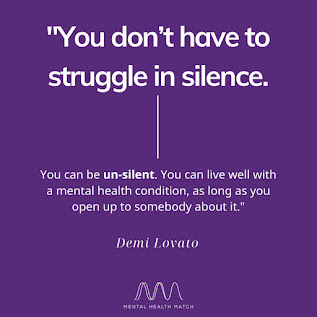Psychological perspective of video games
The Psychology of Video Games: Are Video Games Good or Bad For Players?
The next concern was whether video games could negatively affect school performance (e.g. lack of attention at school). Here again, the results are highly debated among scholars. Some researchers found an association with videogame play and poorer grades, but others did not. And it’s important to note here that when such association is found, it doesn’t say anything about a causal relationship. Correlation is not causation. It could very well be that children that have poor performance at school are likely to play video games instead of doing their homework if they don’t feel competent at school. That being said, it’s obvious that if a child (or an adult) spends too much time playing games to the point that other activities are neglected (such as sleeping, doing school work, having a social life, etc.), it’s never good. Doing a variety of activities (including physical activity) and sleeping are very important for the brain, and even more so for brains in development. Which leads us to the last major concern about video games, becoming even more important today: can video games be “addictive”?
An increasing number of parents are worried about their children being “addicted” to certain video games. Addiction is a delicate and complex topic. It’s a pathology. While there isn’t any straightforward definition of what an addiction is, it’s generally considered as the encounter between a person, a context, and an object (product) that is causing significant distress to the person who feels a compulsion to consume the product despite harmful consequences
Research Study
by Zuhayr




Comments
Post a Comment